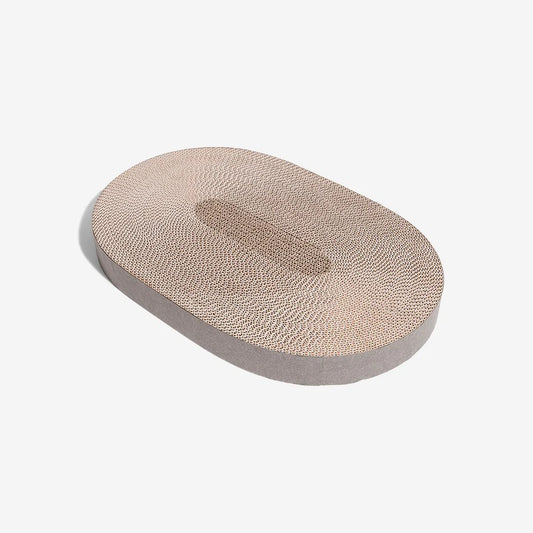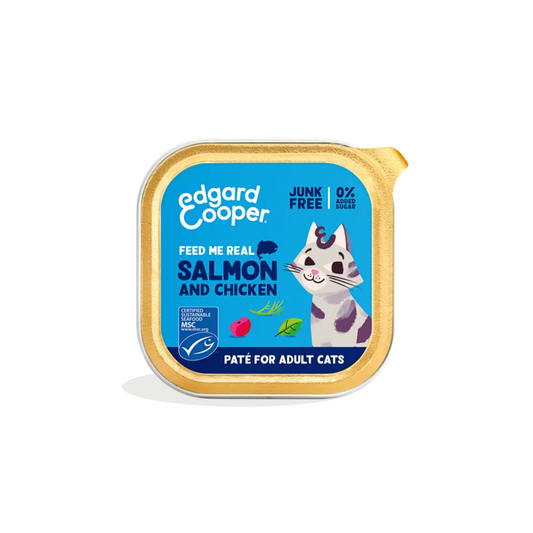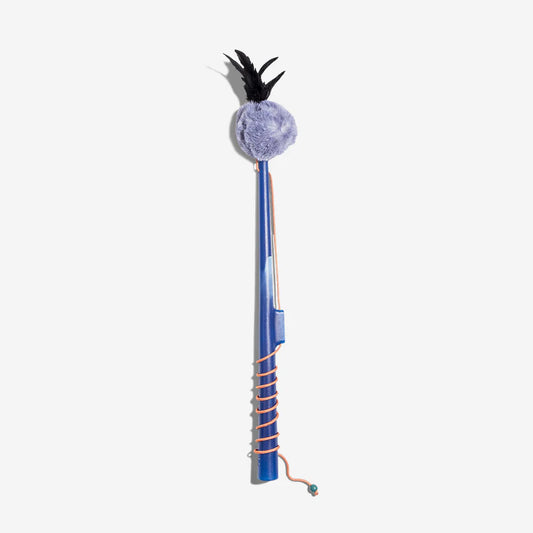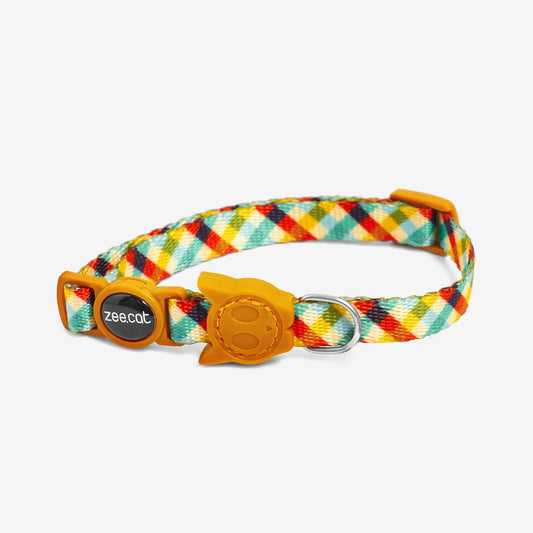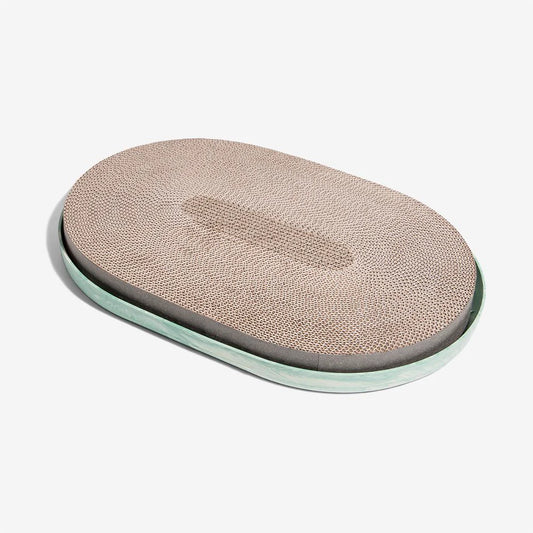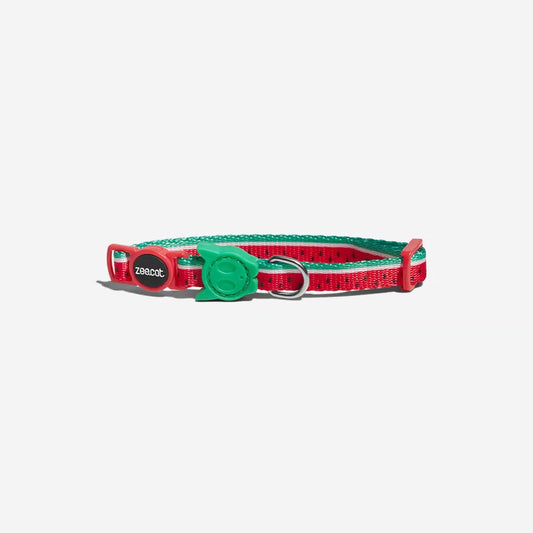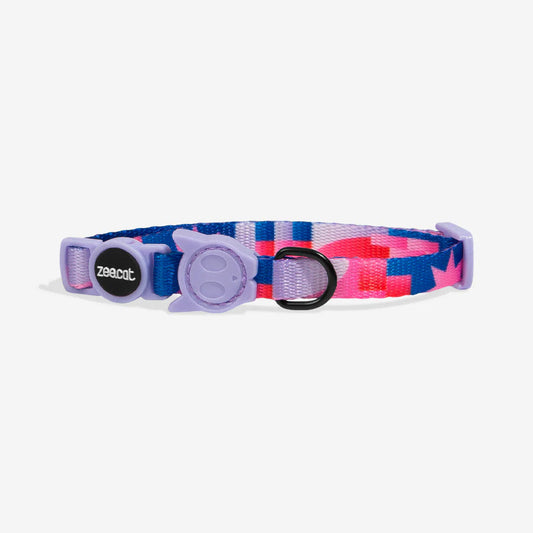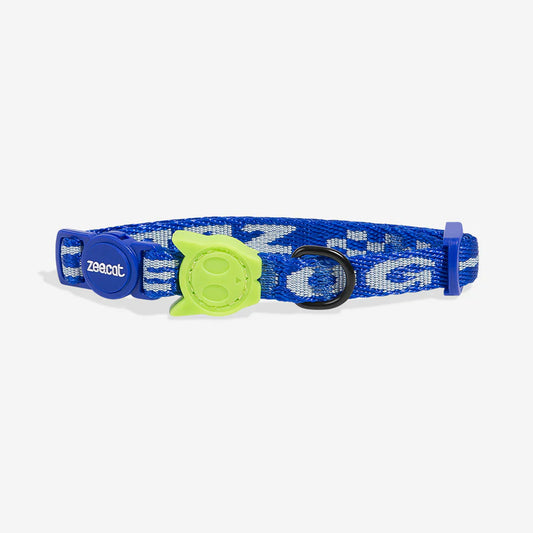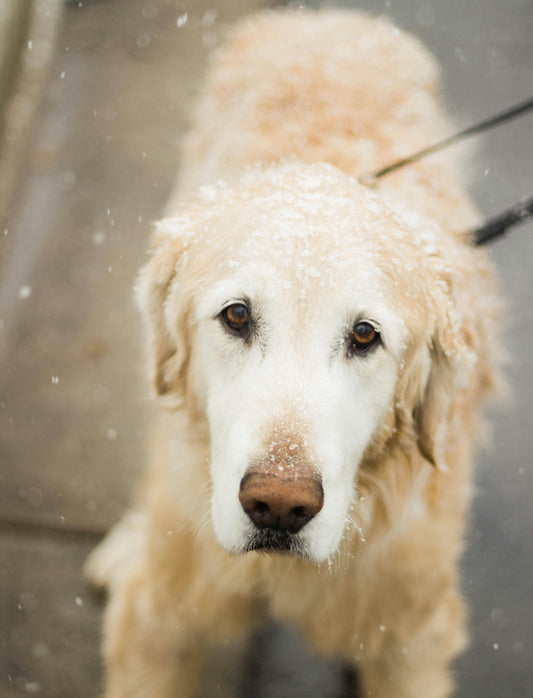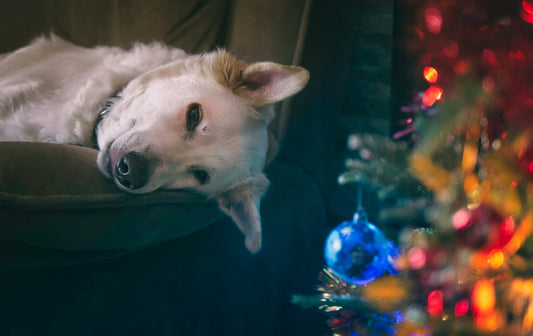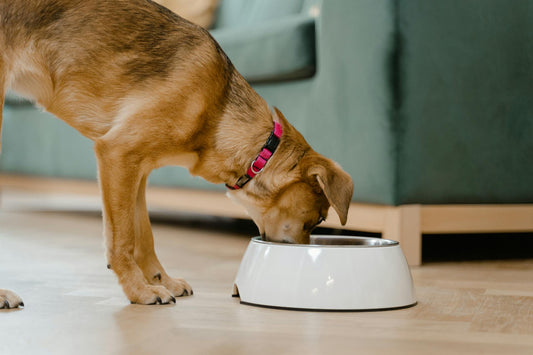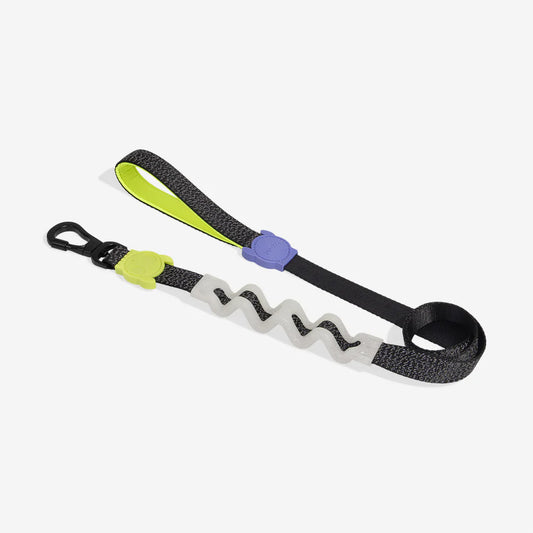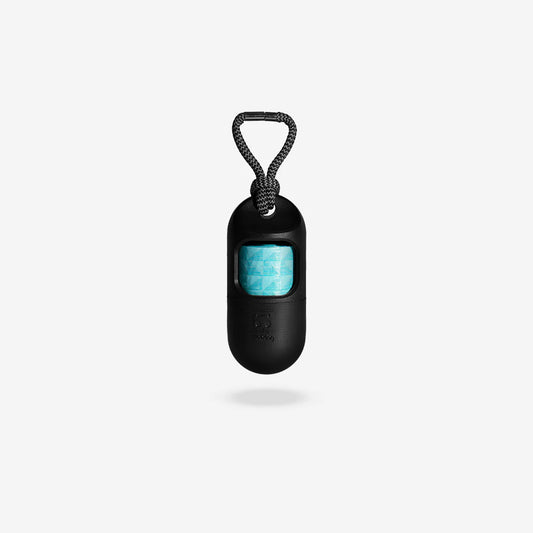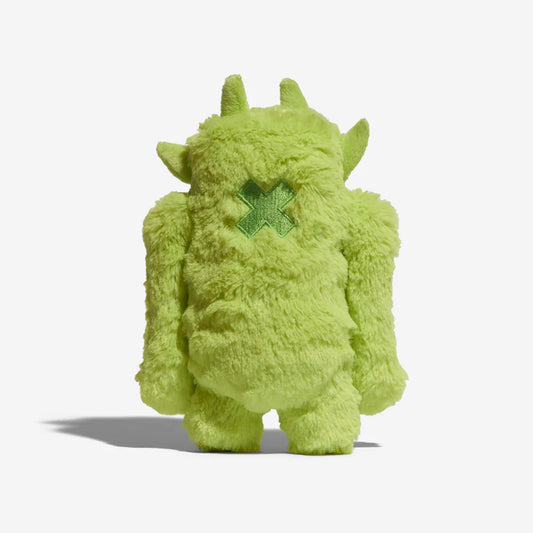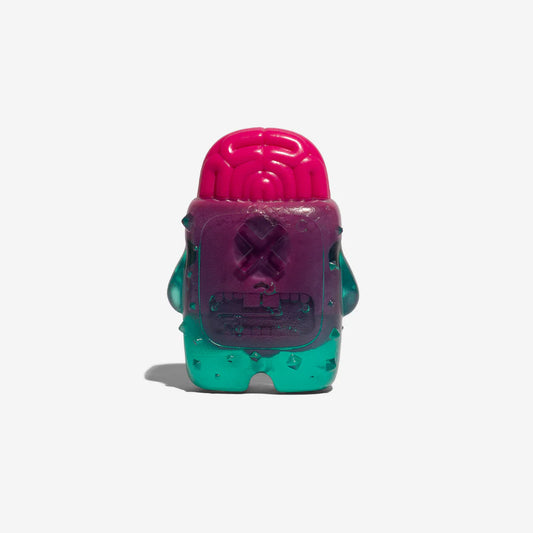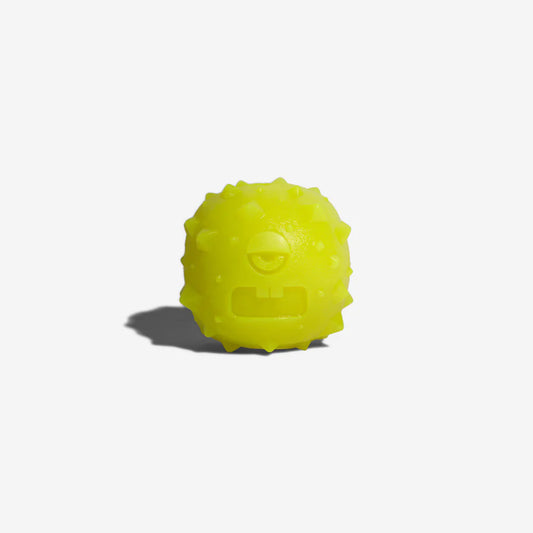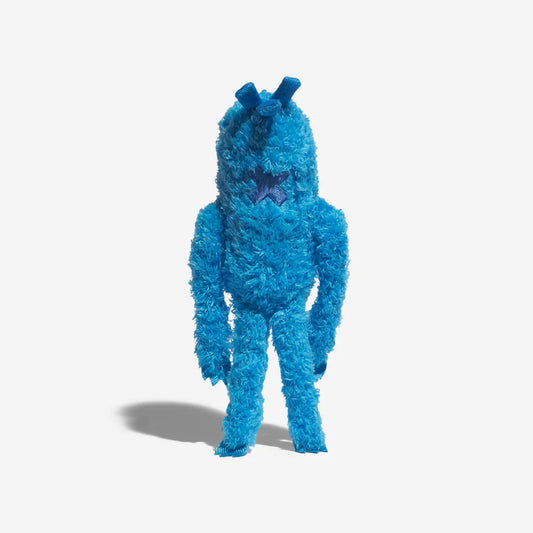Dogs are known to be man's best friend, and it is not uncommon to find them lounging around the house, seemingly sleeping all day. While it may seem like your furry friend is being lazy, there are actually several reasons why dogs sleep so much. Understanding why dogs sleep so much can help pet owners provide the best care for their four-legged companion.
One reason why dogs sleep so much is simply because it is a natural part of their behavior. Dogs are crepuscular animals, which means they are most active during dawn and dusk and tend to sleep during the day and night. Additionally, dogs are known to sleep more than humans because they have shorter sleep cycles. While humans typically have a sleep cycle of 90 minutes, dogs have a sleep cycle of around 20 minutes. This means that dogs need to sleep more frequently to get the rest they need.
Another reason why dogs sleep so much is that it helps them conserve energy. Dogs are descendants of wolves, who were known to hunt for their food. Hunting requires a lot of energy, so wolves would sleep for extended periods to conserve energy until their next meal. While dogs may not need to hunt for their food, sleeping is still an instinctual behavior that helps them conserve energy for other activities, such as playtime and exercise.
Understanding Canine Sleep Patterns
Normal Sleep Behavior in Dogs
Dogs sleep for a significant portion of their day, with an average of 12-14 hours of sleep per day. This sleep is often broken up into multiple naps throughout the day and night. Puppies and older dogs may require even more sleep.
During sleep, dogs go through different stages of sleep, including rapid eye movement (REM) sleep and non-REM sleep. REM sleep is the stage where dogs may twitch, move their paws, and even bark or whimper. Non-REM sleep is a deeper sleep where dogs are less likely to be disturbed.
Factors That Influence Sleep Duration
Several factors can influence a dog's sleep duration. One of the most significant factors is age. Puppies and older dogs typically require more sleep than adult dogs.
Another factor that can affect a dog's sleep duration is their activity level. Dogs that are more active during the day may require more sleep to recover.
Additionally, a dog's breed can also play a role in their sleep patterns. Some breeds, such as Greyhounds, are known for being more active during the day and sleeping more at night.
It's important to note that changes in a dog's sleep patterns could be a sign of an underlying health issue. If a dog suddenly starts sleeping more or less than usual, it's recommended to consult with a veterinarian to rule out any potential health concerns.
Health and Wellness Concerns
Medical Conditions Affecting Sleep
Just like humans, dogs can also suffer from various medical conditions that can affect their sleep. Some of these conditions include arthritis, hip dysplasia, and other joint problems that can cause discomfort and pain, making it difficult for them to sleep soundly. Additionally, dogs suffering from respiratory problems such as asthma or allergies may also have trouble sleeping due to difficulty breathing.
Other medical conditions that can affect a dog's sleep include neurological disorders, such as epilepsy or brain tumors. Dogs with these conditions may experience seizures, which can disrupt their sleep patterns and cause them to feel tired during the day.
Diet and Exercise
A dog's diet and exercise routine can also play a significant role in their sleeping patterns. A poor diet lacking in essential nutrients can cause a dog to feel lethargic and sleepy, while an excess of carbohydrates can lead to weight gain and a lack of energy.
Similarly, a lack of exercise can also cause a dog to sleep more than usual. Regular exercise helps to keep dogs fit and healthy, and it also helps to release pent-up energy, making it easier for them to sleep at night.
In conclusion, if your dog is sleeping more than usual, it may be a sign of an underlying health condition or a lack of proper diet and exercise. It is essential to consult with a veterinarian to rule out any medical issues and to ensure that your dog is receiving the proper nutrition and exercise they need to stay healthy and active.



